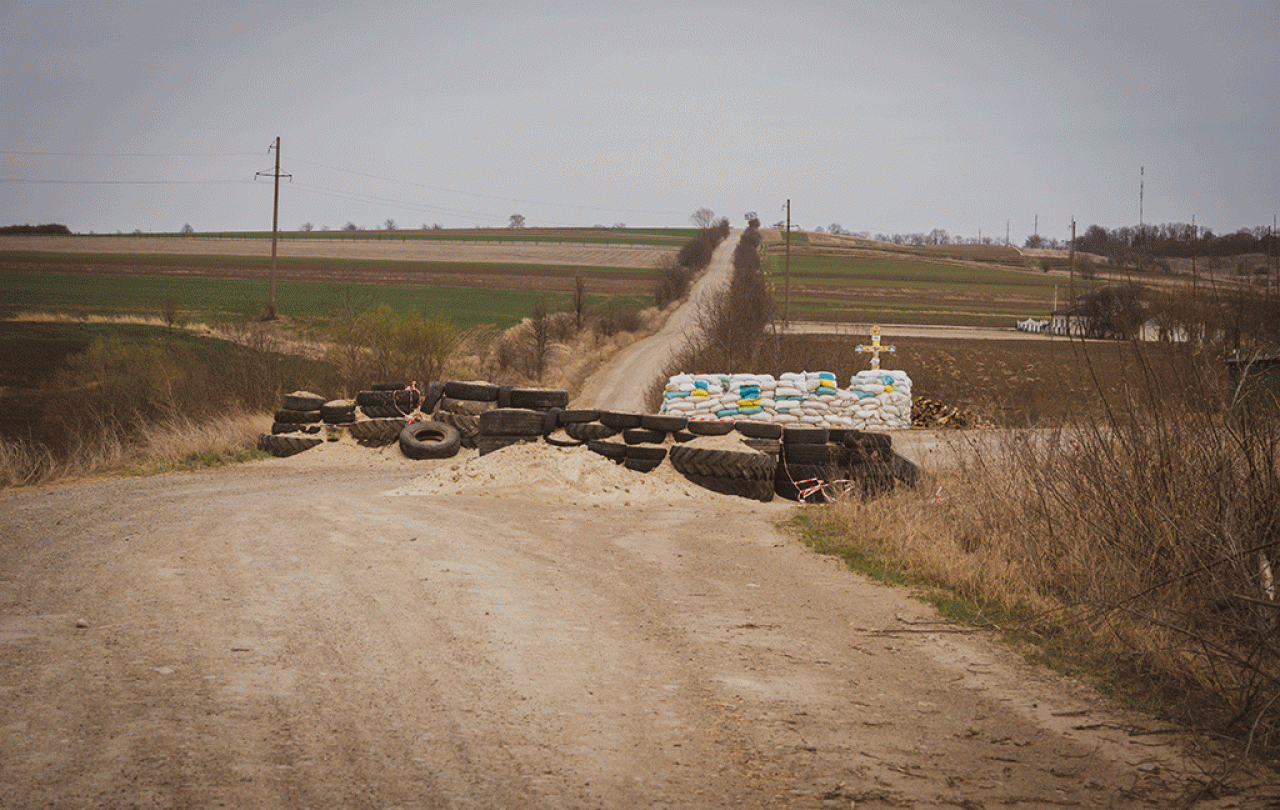To adopt Serious Face for a moment, I’m aware that hate crimes are a very big thing indeed. How could it be otherwise when we’ve just commemorated Holocaust Memorial Day. And we’ve also the other week had the sentencing of someone – I wouldn’t even spellcheck his name – for the murder of three little girls in Southport.
But horrific crimes against our humanity tell us we must protect and defend our freedoms, not constrict them. We want to prevent murders, not the saying or thinking of both silly and vile things. Our concentration should be on that prevention, not the forbidding of attitudes that might (but probably won’t in the vast majority of cases) lead to a violent crime.
Don’t get me started on Non-Crime Hate Incidents (NCHIs). Oh, you just did. Telegraph columnist Allison Pearson was visited by police last Remembrance Sunday and, surprisingly for someone who has built a career on telling snowflakes to grow a spine, came over all oppressed and persecuted. They were following up a photo she’d posted, claiming it was of Metropolitan Police posing with what she called “Jew-haters” at a London rally in support of Palestine.
In reality, the photo was taken in Manchester and featured Pakistanis, not Palestinians. There was a clue in their flag having “Pakistan” written on it. But that makes her not a very good journalist. Not a bad, far less a criminal, person.
A saying usually ascribed to St Augustine, in one of his letters, is that we are to “hate the sin and love the sinner”. Similarly, we must try to hate the crime, but love the criminal. That must remain humanly impossible for the crimes already mentioned in this column. (Though, astonishingly, history records some Jews finding it in their hearts to forgive their Nazi persecutors).
But we acknowledge that this is where the gospel bar is set. We’re to love our enemies, even if we don’t like them and we condemn their actions. In practice, that means preventing crime in law and holding perpetrators to justice. What it does not mean is going after people who say hateful and stupid things, while other people are actually doing hateful things. The former may and should be about sound intelligence gathering; the latter is effective policing.
This principle is rooted in our culture, founded on the golden rule of loving our enemies and our neighbours as ourselves. There’s always room for forgiveness as well as justice, as crimes of passion demonstrate.
And if that sounds recklessly self-sacrificial, we might look at the Passion of Christ and the crimes of passion that were committed during it. As he said himself, tout est accompli.
* "No, boy, hold the Crêpe Suzette. Today I would like the passion cream, please. And quickly – my wife is coming soon."






